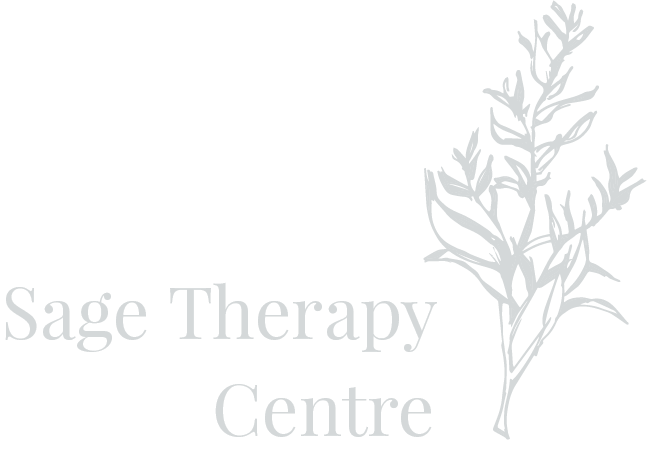Deciding to seek therapy is always a positive step and should be applauded rather than something you feel you need to keep secret.
Years ago the stigma around therapies, particularly talk therapies, prevented people seeking the help they so desperately needed. However today all kinds of therapy including holistic therapies such as acupuncture, are more readily accepted and medically proven to not only be beneficial to the individual, but can completely reverse the effects of certain trauma.
But where do you start once you’ve made the decision to seek help? Read on for 5 Ways to find a therapist.
- Your GP – Depending on your reason for therapy, you may be referred by your GP. This is often the case in both physical matters, when you may need a Physiotherapist or Chiropractor for example, and also matters of the mind, when you may be referred for Counselling. Both are a good start, but be mindful that you may need to join a waiting list and you will normally be allocated a set number of sessions regardless of your progress.
- Through Your Place Of Work Or Education -Many Schools and Colleges now have a free counselling service. If you are employed your workplace might offer an Employee Assistance Programme which may provide a limited number of free therapy sessions.
- Through a Charity – Some charities may offer some free counselling/ talk therapy. Try contacting places like Headway for brain injuries or stroke, Age UK for age related counselling or Maggie’s for Cancer Support
- Private Therapists – Whilst obviously there is a cost involved, the benefit of using a private therapist is that you are not limited in the type of therapy, timing or location. You can choose your therapist along with the number of sessions, and confidentiality is ensured. It’s a good idea to look for a therapist who is registered with a professional body and through a reputable website. All the Therapists in our directory have provided their qualifications along with their registration and insurance documents.
- Word Of Mouth – You may find that people are happy to personally recommend a therapist if they have experienced good results. There’s nothing wrong with that. Recommendation can be more reliable than some online reviews, but again, always check that it is the right therapy for you and that they are a registered professional before you commit.
Regardless of which avenue you decide to explore, it’s important to remember that everyone will have different experiences and outcomes. If you find you’re not progressing with the therapist you choose, it’s important to remember that it doesn’t mean that therapy isn’t going to work for you. Sometimes you may just not gel with a particular therapist or therapy. You may even want to try several therapists until you find the right one.
What’s important is that you get the outcome you’re looking for. There is no need to suffer in silence.


